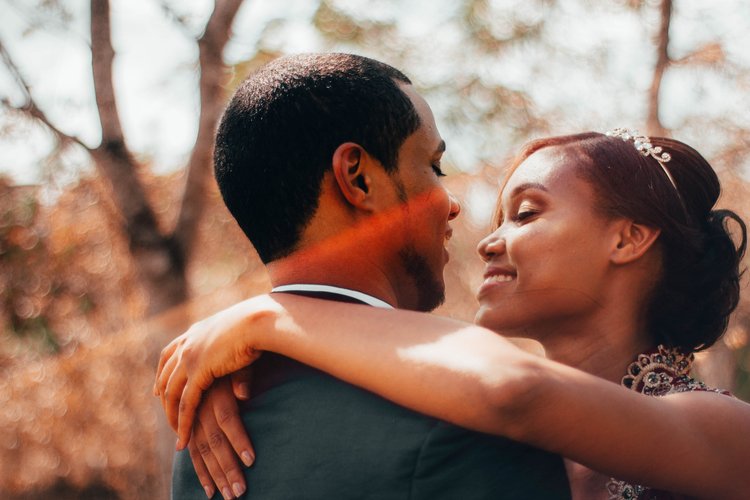Your attachment style can impact so many things when it comes to your relationship—including the partner you choose!
It can also influence your willingness to commit. There are plenty of “excuses” people give for having commitment issues, and some of them are more realistic than others. But not enough people look at their attachment styles when considering why they might struggle with commitment.
Unfortunately, one of the biggest reasons for that is not everyone knows what their attachment style is.
With that in mind, let’s briefly discuss attachment styles, and how yours could affect your desire to commit to a relationship.

What Are Attachment Styles?
Attachment styles are developed early on in life. They are influenced by your caregiver(s) as a child—typically your parents.
For example, someone with a secure attachment style likely had a caregiver who was always there for them and made them feel safe and valued. That’s something you’ll carry with you into all relationships throughout your life.
Someone who had an anxious/avoidant attachment style, however, may have had a caregiver who was never there or didn’t give them the attention they needed.
Attachment styles can make you more independent or cause you to be more withdrawn in relationships. Unhealthy attachment patterns can even cause commitment issues.
Types of Avoidant Attachment
There are two types of avoidant attachment that may make it more difficult for you to commit to one person in a relationship.
Dismissive Avoidant Attachment gives you a positive view of yourself and a negative view of other people. You might seek out isolation and try to emotionally step away from your partner.
Are you mostly focused on yourself and your basic needs? Do you appreciate life’s creature comforts without caring much about who you’re with? If so, you likely have this particular attachment style. You might deny how important others are to you, and find it easy to “detach” from them.
Fearful Avoidant Attachment is more about keeping your feelings at bay. You might be scared to get into a serious relationship, but just as fearful to be alone.
Unfortunately, that can create a lot of tension in a relationship and make your partner feel like they’re walking on eggshells. You might worry about being “left” by someone you love, but you also don’t want them to smother you.
Can You Develop a Secure Attachment Now?
A secure attachment style is healthy. It can allow you to appreciate your independence while desiring a healthy balance in your relationships. But, if you didn’t develop that style as a child, is it too late?
Absolutely not.
If you have an unhealthy attachment style, there are things you can do to change. Determine what your style is and how it’s impacting your life. One of the best ways to do that is to talk with a mental health professional.
Working through your attachment style requires “going back” and talking about your story. When you have a better understanding of where your style is rooted, a therapist can help you rewrite a new narrative in your life. Essentially, you can start with a “clean slate” and develop a new, secure attachment style that will be a positive impact on your relationships forever.
If you’re worried about your attachment style and how it’s affecting your willingness to commit, feel free to contact me. The bonds you formed as a child don’t have to control your life now. If you’re willing to take a step back and work through the issues of your childhood, you can establish a healthy attachment style that will make your relationships more fulfilling.
About the Author

Roma Williams is a Houston-based licensed marriage and family therapist, who is also licensed in the states of Georgia, Florida, and California. Her specialties and clinical interests are systems and relationships. Roma enjoys working with couples, including LGBTQ+ and those who live in polyamorous relationships. As an African American woman, Roma has donated time and efforts to causes championing black women and mental health. Roma also enjoys working with individuals on their relationships with themselves and others. Being a California native, and moving to the south in her adult years, Roma has had plenty of experiences that have shaped her cultural development both professionally and personally. In her spare time, Roma enjoys fashion, all things wine, and traveling.
If you are in Houston or in any part of Texas, Georgia, Florida, or California and are ready to work with Roma click here.
